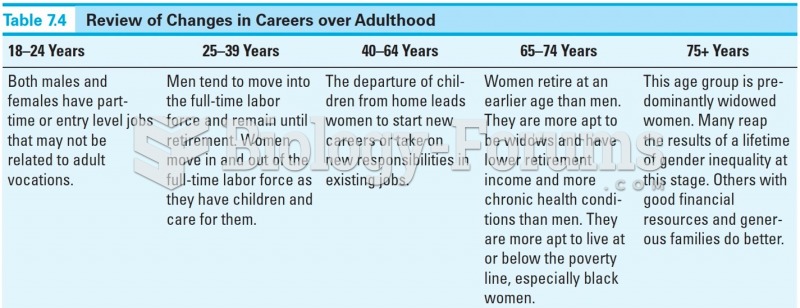|
|
|
More than 34,000 trademarked medication names and more than 10,000 generic medication names are in use in the United States.
According to the Migraine Research Foundation, migraines are the third most prevalent illness in the world. Women are most affected (18%), followed by children of both sexes (10%), and men (6%).
On average, the stomach produces 2 L of hydrochloric acid per day.
There are more nerve cells in one human brain than there are stars in the Milky Way.
Though newer “smart” infusion pumps are increasingly becoming more sophisticated, they cannot prevent all programming and administration errors. Health care professionals that use smart infusion pumps must still practice the rights of medication administration and have other professionals double-check all high-risk infusions.
 A strike by 800 women shoemakers in Lynn, Massachusetts, in 1860. In 1851 a Lynn shoemaker had adapt
A strike by 800 women shoemakers in Lynn, Massachusetts, in 1860. In 1851 a Lynn shoemaker had adapt
 The National Organization for Women holds a rally in Illinois for the Equal Rights Amendment. In ...
The National Organization for Women holds a rally in Illinois for the Equal Rights Amendment. In ...





